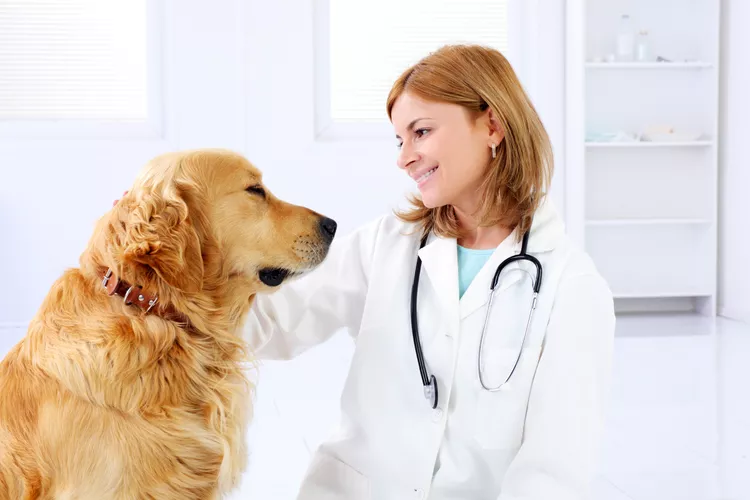
Lymph nodes are found in various places in the body. These small glands are not typically easy to find or feel unless they become enlarged. Swollen lymph nodes usually occur as a result of infection or disease, especially in the area of the swollen nodes.
Knowing the potential reasons for swollen lymph nodes and what to watch for can help you better monitor the health of your dog. While the lymph nodes themselves rarely require treatment, the underlying condition causing their swelling may be severe and should be evaluated by a veterinarian.
Lymph nodes are small glands in the lymphatic system that help regulate a dog's immune functions. These nodes help transport infection-fighting lymph fluid and white blood cells through the body via lymph vessels. When lymph fluid and white blood cells aggregate in lymph nodes to destroy toxins and infectious materials, this accumulation can cause swelling of the nodes.
Swollen lymph nodes are often an indicator of an infection or disease process occurring in a dog's body that may have its own unique signs and symptoms. The lymph nodes themselves become enlarged and firm in response to the underlying problem.
Lymph nodes can be felt in four areas of a dog's body where these glands become prominent when swollen:
Enlarged lymph nodes may be referred to as lymphadenopathy or lymphadenomegaly until the reason for the enlargement is determined. One or multiple lymph nodes can become swollen, and this typically occurs due to an underlying disease or infection. If you notice a lump where your dog's lymph nodes are, you should not wait to have it examined by a veterinarian.
Some of the common underlying causes of swollen lymph nodes include:
If your dog has enlarged lymph nodes, your vet will first perform a physical examination. This will help determine how many lymph nodes may be affected and the reason for the enlargement.
Blood tests to check organ function and white blood cell numbers are typically performed, but a fine needle aspirate (FNA) will also be recommended. This involves inserting a needle into the lymph node in order to collect cells that may indicate the reason for the enlargement. If the FNA is inconclusive, a lymph node biopsy may be performed under anesthesia. This will allow a better look at the lymph node tissue.
Further tests may be needed for various infections depending on what your veterinarian suspects based on symptoms and test results. These may include a urinalysis, fecal test, X-rays, and ultrasounds.
Various medications including steroids, anti-inflammatories, antibiotics, anti-parasitics, and even chemotherapy may be recommended depending on the reason for the lymph node enlargement. Surgery or radiation are other treatment possibilities, especially for low-grade, localized lymphomas.
The long-term prognosis for a dog with swollen lymph nodes can vary considerably depending on the cause and stage of the underlying condition. Prompt treatment can be very important for conditions that result in enlarged lymph nodes.
Some dog breeds appear to have a genetic predisposition for developing lymphoma, but no one knows for sure. These breeds include golden retrievers, boxers, bullmastiffs, basset hounds, Cocker spaniels, Irish wolfhounds, Saint Bernards, Scottish terriers, Airedale terriers, and bulldogs. If a dog has a history of lymphoma, it should not be bred to prevent the likelihood of this cancer in its offspring.
Other reasons for lymph node enlargement are difficult to prevent. Overall, just keeping your dog healthy through diet and exercise can help decrease the likelihood of illness and infections that may result in lymph node enlargement. Proper nutrition, regular veterinary attention, and practicing good hygiene are all things that may aid in your efforts.

Exploring the Different Types of Pet-Friendly Beaches
Are you looking for pet-friendly beaches? Learn about the different types of pet-friendly beaches, their locations, and tips for visiting them with your pet.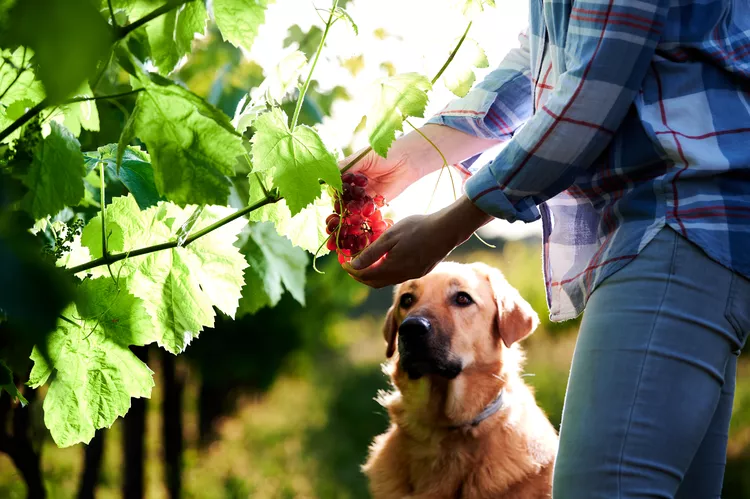
Exploring Pet-Friendly Wineries: Types, Locations, and More
Discover the different types of pet-friendly wineries, where to find them, and what to expect when you visit. Learn more with The Spruce Pets.
Why Is My Dog’s Eye Swollen?
If your dog's eye is swollen, she may need veterinary attention. The inflammation could be caused by allergies, an injury, or even a tumor.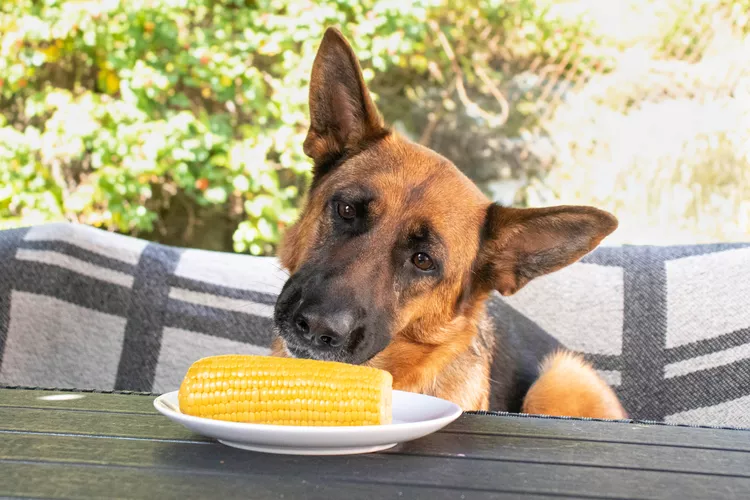
Can Dogs Eat Corn on the Cob?
Dogs love chewing on corn cobs, but this can cause serious harm. Learn about the dangers of corn cobs and find out what to do if your dog eats one.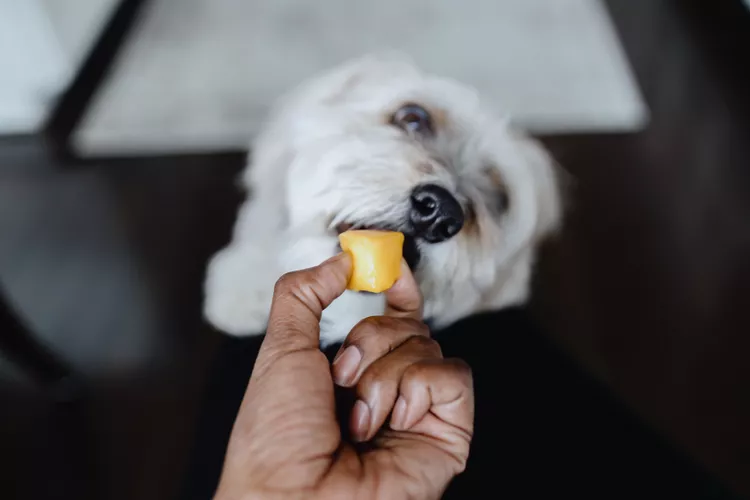
Can Dogs Eat Papaya? What to Know About Sharing This Tropical Fruit With Your Pup
Papaya is safe for dogs in moderation, and it can even provide some nutritional value for them. However, too much can cause digestive upset, and it's not suitable to share with dogs with certain health conditions.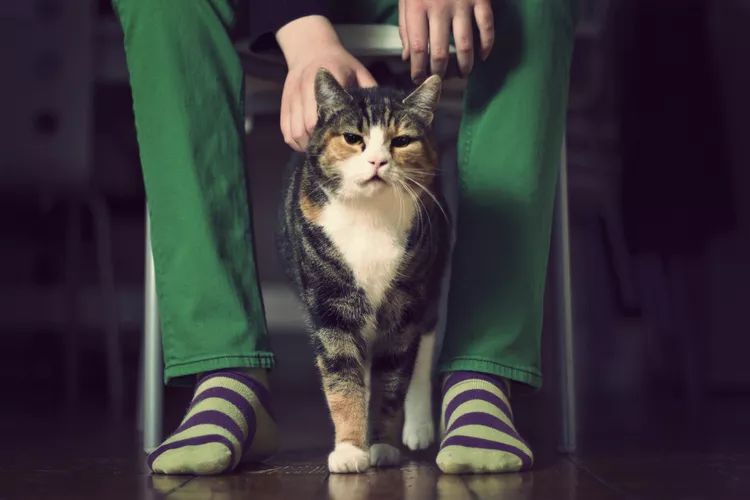
65 Irish Cat Names
Irish cat names can pay homage to historical places, local cuisine, famous Irish actors and musicians, or other wonderful aspects of the Emerald Isle.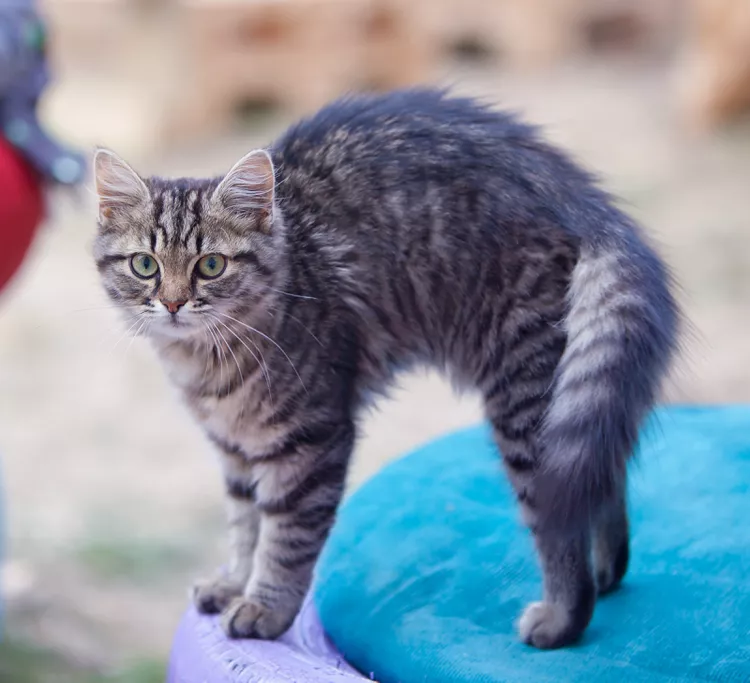
Feline Hyperesthesia Syndrome (FHS) in Cats
Rippling skin is more than dermal sensitivity in cats. It can be a sign of Feline Hyperesthesia Syndrome. Learn the causes, treatment, and prevention.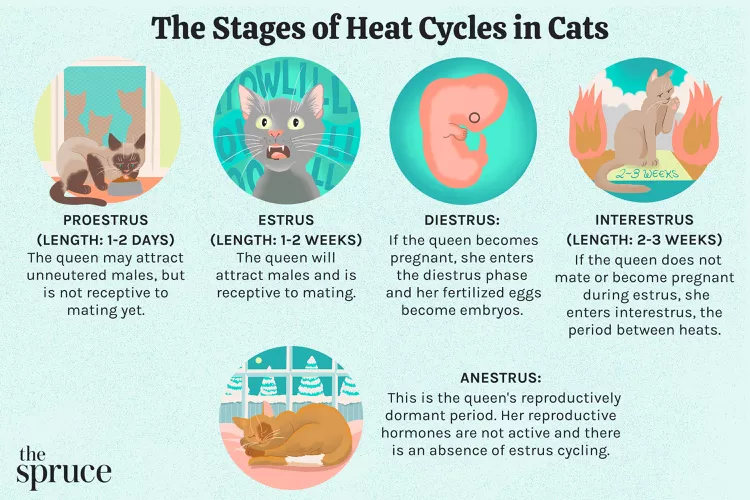
How Long Are Cats in Heat?
How long are cats in heat? Learn about the heat cycles of cats, also called estrus, as well as the reasons you should spay your cat.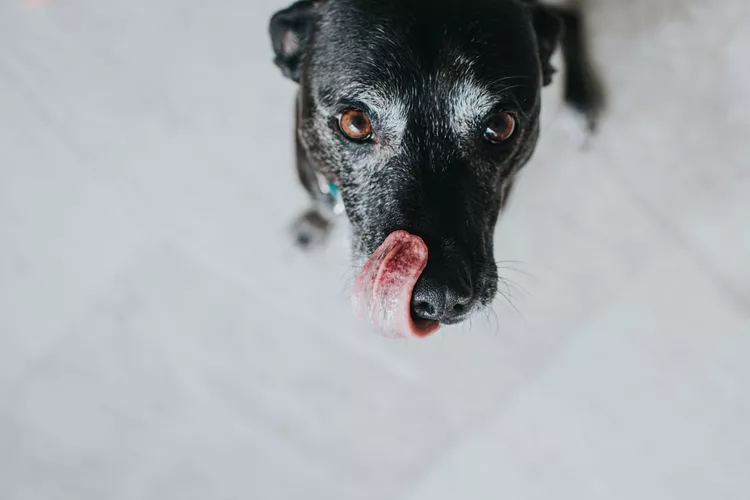
Can Dogs Eat Raw Chicken Feet?
What are the potential health benefits of chicken feet for dogs? What are the risks?
Is Eucalyptus Safe for Cats?
Many products containing eucalyptus are not safe for cats, and it is important to be aware of the risks to your cat.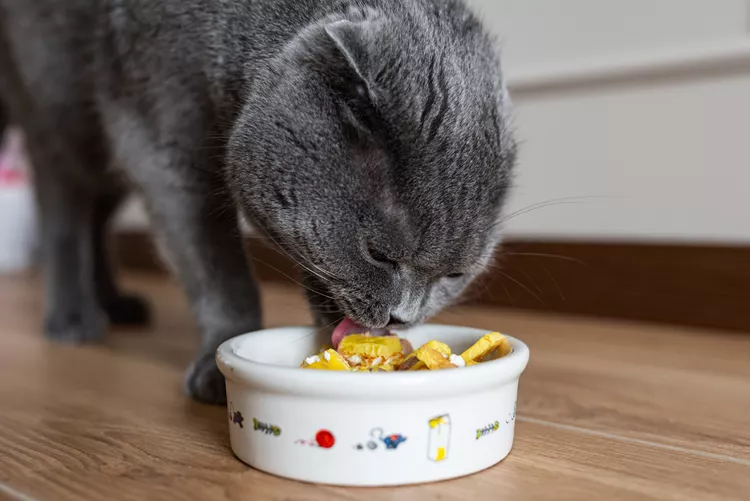
What You Need to Know About Homemade Cat Food
If you want to cook for your cat, make sure to read about the risks associated with homemade diets for cats
Can Cats Eat Peanut Butter?
Peanut butter is not toxic to cats, but it might not be the best choice of treat for them.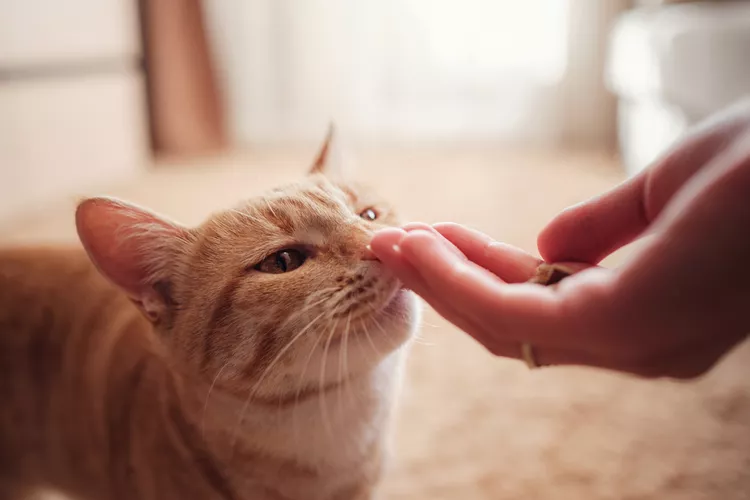
Can Cats Eat Cheese?
Can cats eat cheese? Is it healthy for them? How much can they eat and what should you do if you fear your cat has eaten too much cheese?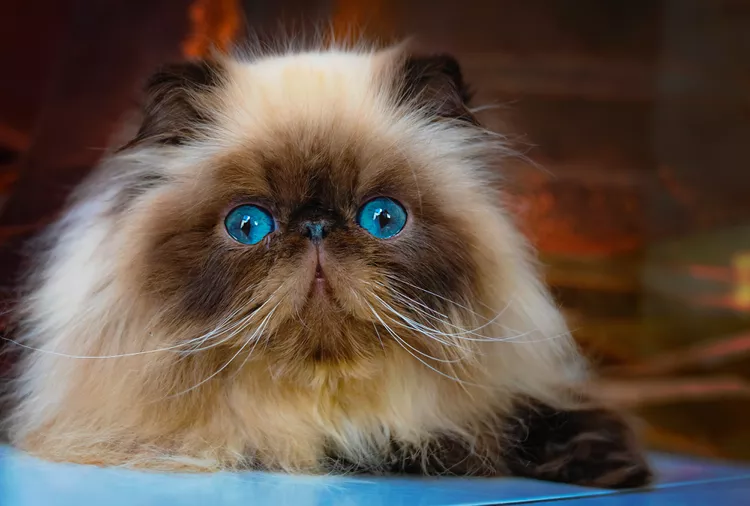
8 Flat-Faced Cats with the Cutest Smooshed Faces
These flat-faced cat breeds have a distinct and adorable appearance. Learn about their origins and traits, and the potential health risks tied to their unique facial structures.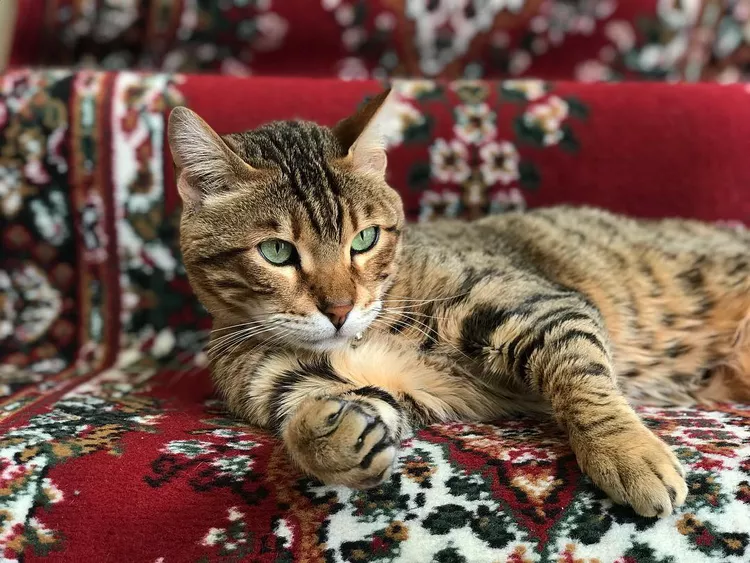
Pictures and Facts About Bengal Cats and Kittens
Bengal cats are a cross between wild cats and domestic cats. Learn more about what they look like and pictures of this beautiful spotted breed.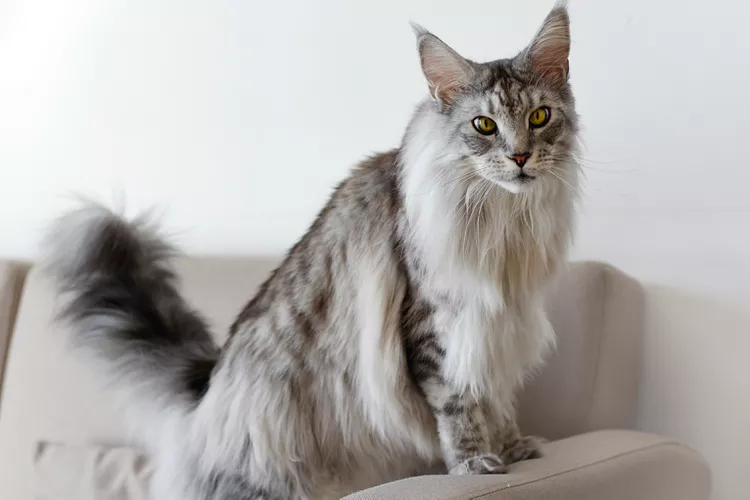
Top 10 Big House Cats
Larger cat breeds, like Maine coons and savannahs, deserve just as much love as their petite counterparts. These big house cats tip the scales.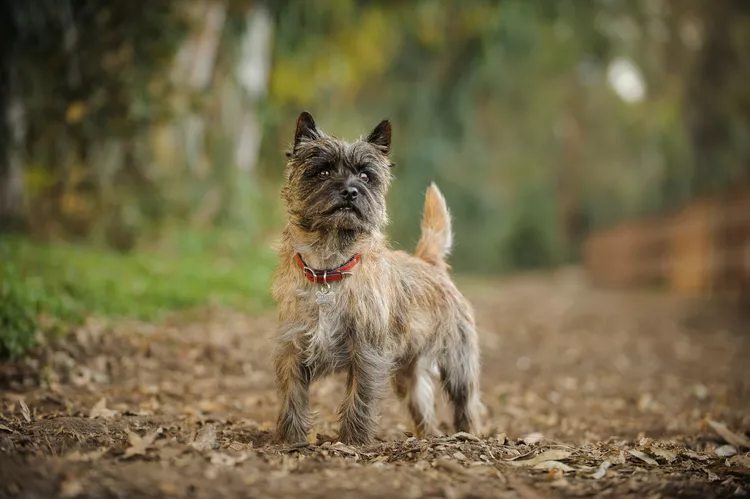
Cairn Terrier: Dog Breed Characteristics & Care
The cairn terrier is a spunky, affectionate, and intelligent dog from Scotland. The breed became famous when one played Toto in The Wizard of Oz. Learn about the temperament, history, health, and care needs of the cairn terrier dog breed.
Reasons Why Dogs Grind Their Teeth
Some dogs grind their teeth. Learn why dogs grind their teeth and if it can be harmful. Find out what to do about teeth grinding in dogs.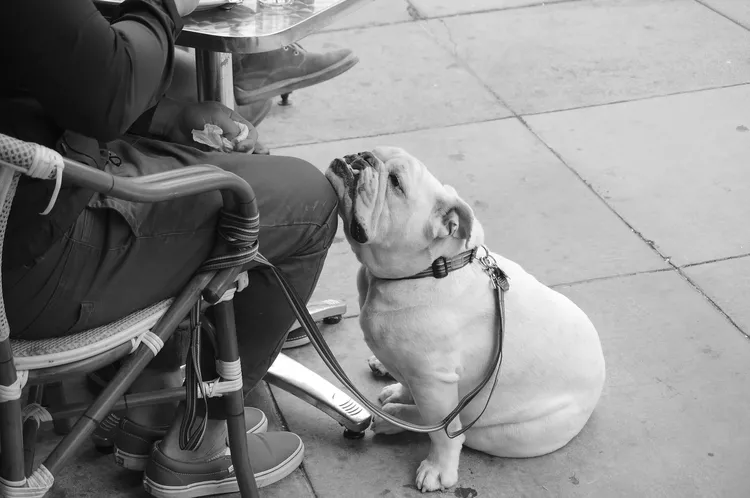
This Is Why Some Dogs Lean on People
Certain dogs really love leaning on their humans. What does this mean? Find out why dogs lean on people and if this is ever a problem.
Can Dogs Get Depression? How to Help Your Sad Dog
Can dogs get depression? Learn about the signs of depression in dogs and find out how to help your sad dog.